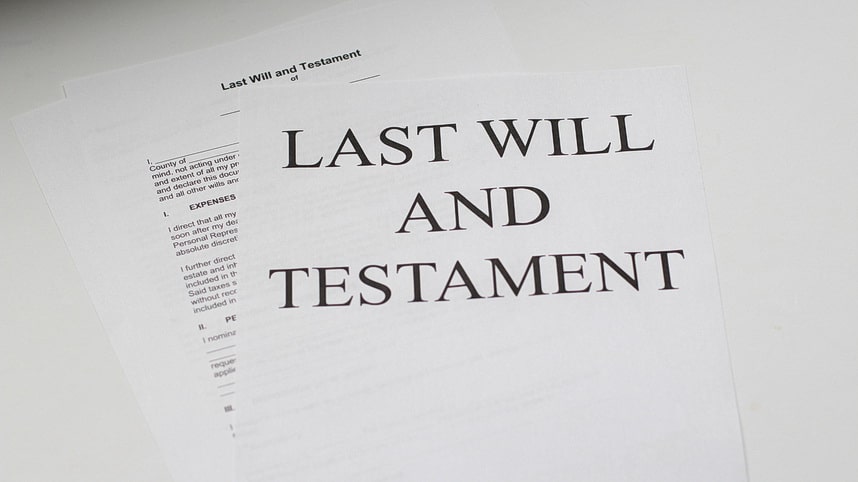Force Majeure Clauses
Parties to a contract may agree upon a provision that excuses non-performance of their contractual obligations through what is known as a force majeure clause. These provisions are included to account for overwhelming events beyond any control of the parties, sometimes referred to as “Acts of God”, which prevent the parties from being able to fulfill their end of the agreement. Because force majeure clauses are a creation of contract, the way they operate will vary depending on how the provision is worded, as well as the nature of the agreement and the parties under the agreement. In Atlantic Paper Stock Ltd v St. Anne Nackawic Pulp & Paper Co (1975), the Supreme Court of Canada ruled that in order for a party to be able to rely on a force majeure clause, the event must not have been foreseeable, or in the words of Justice Dickson, “beyond reasonable human foresight”. Being that force majeure clauses are created by the contract, and do not exist as a standalone legal doctrine or principle, parties to a contract may not rely upon its operation if it was never agreed upon or included as a provision.
The party who wishes to invoke the clause to absolve liability for non-performance bears the onus of proving that it, in fact, applies. If successfully invoked, the clause will operate to essentially prevent the opposite party from being able to claim breach of the contract and pursue damages. What may vary from situation to situation is the duration of the operation of the force majeure clause. This is entirely dependent on what the contract contemplates. Generally, it will not terminate the contract, unless the unforeseen overwhelming event is of such nature that it will make it impossible for the parties to continue performance of the contract in the future. The more common approach is that the contract will be suspended for the period of time until the parties are in a position to be able continue their contractual performance again. It is important to understand that the contract and its wording dictate how the clause operates. Any rule, limitation, or distinction to its operation will modify how it applies. For example, the parties may agree that if the event lasts for more than a certain period of time, the overall contract will be terminated and both parties may walk away.
Ultimately, courts in Alberta have narrowly and strictly interpreted force majeure clauses, therefore if there is ambiguity as to whether or not the event in issue is contemplated by the clause because of its wording, it is likely that the claimant will not be able to rely on it. Additionally, in Atcor Ltd v Continental Energy Marketing Ltd 1996 ABCA 40, the Alberta Court of Appeal ruled that a party does have a duty to mitigate the duration and effect of the event, provided that it is commercially reasonable to do so.
Commercial Tenants and Government Imposed Shut-Downs
The businesses of many commercial tenants were subject to shutdowns imposed by the Government of Alberta in their efforts to curb the transmission of COVID-19 within the province. The question many business owners affected by these shutdowns have is whether or not they may rely upon a force majeure clause. There is not a clear-cut answer as to whether or not a business owner may successfully do so. Existence of the provision within the contract is the first hurdle commercial tenants must pass; they cannot invoke a provision which doesn’t exist. Secondly, if it does exist, the wording and drafting of the provision must be sufficiently precise to leave no ambiguity as to whether or not the COVID-19 pandemic and the government’s shutdowns are considered to be an overwhelming event contemplated by the force majeure provision.
It is important for commercial tenants to understand that because of the Supreme Court of Canada’s ruling in Atlantic Paper, foreseeability is a limitation on the ability of a party to invoke the clause. Therefore, it is likely that only those commercial tenants who signed contracts prior to the beginning of the COVID-19 pandemic will be able to rely on the clause, because courts will likely determine that, in the latter situation, the government shutdowns were foreseeable. Finally, it is important to remember that in Alberta, the Court of Appeal held that business owners do have a duty to mitigate the effects of the event if it is commercially reasonable to do so. For example, many restaurants mitigated against the government shutdown of all dining establishments by continuing and increasing their take-out services. Failure to fulfill this duty will limit the application of force majeure clauses.
In Canada, we are beginning to see some obiter commentary in the case law developing that shows that the courts may be inclined to find that COVID-19 shutdowns are a force majeure event for properly drafted contracts signed prior to the pandemic, however there hasn’t been a decisive case on the issue, and distinguishing factors from contract to contract are so diverse that a novel contractual interpretation exercise will likely be required in every case.
If you are a party to a commercial lease agreement and have questions about the terms of your contract and the implications that a COVID-19 shutdown might have for your agreement, please contact one of Forum Law’s lawyers as soon as possible.



